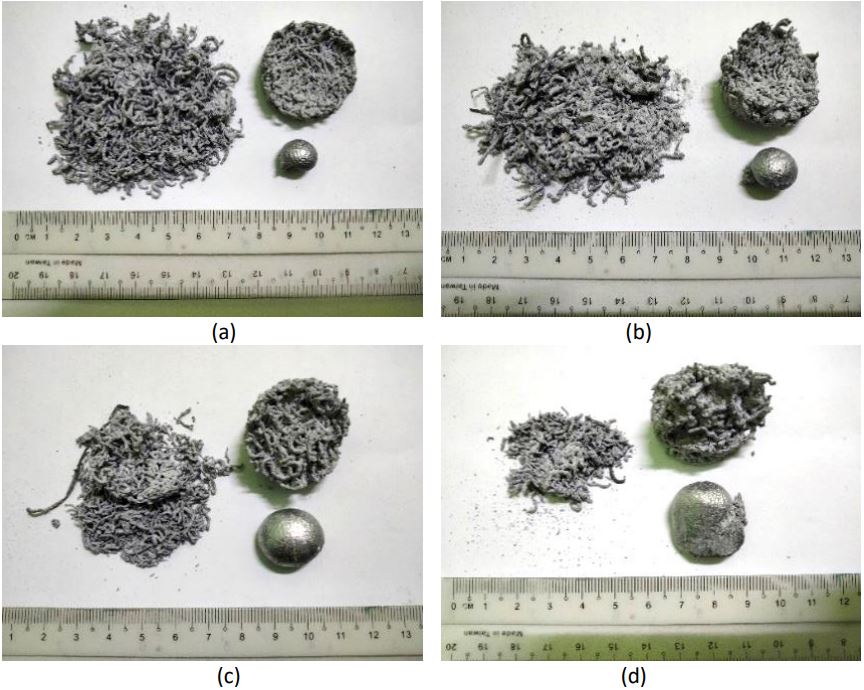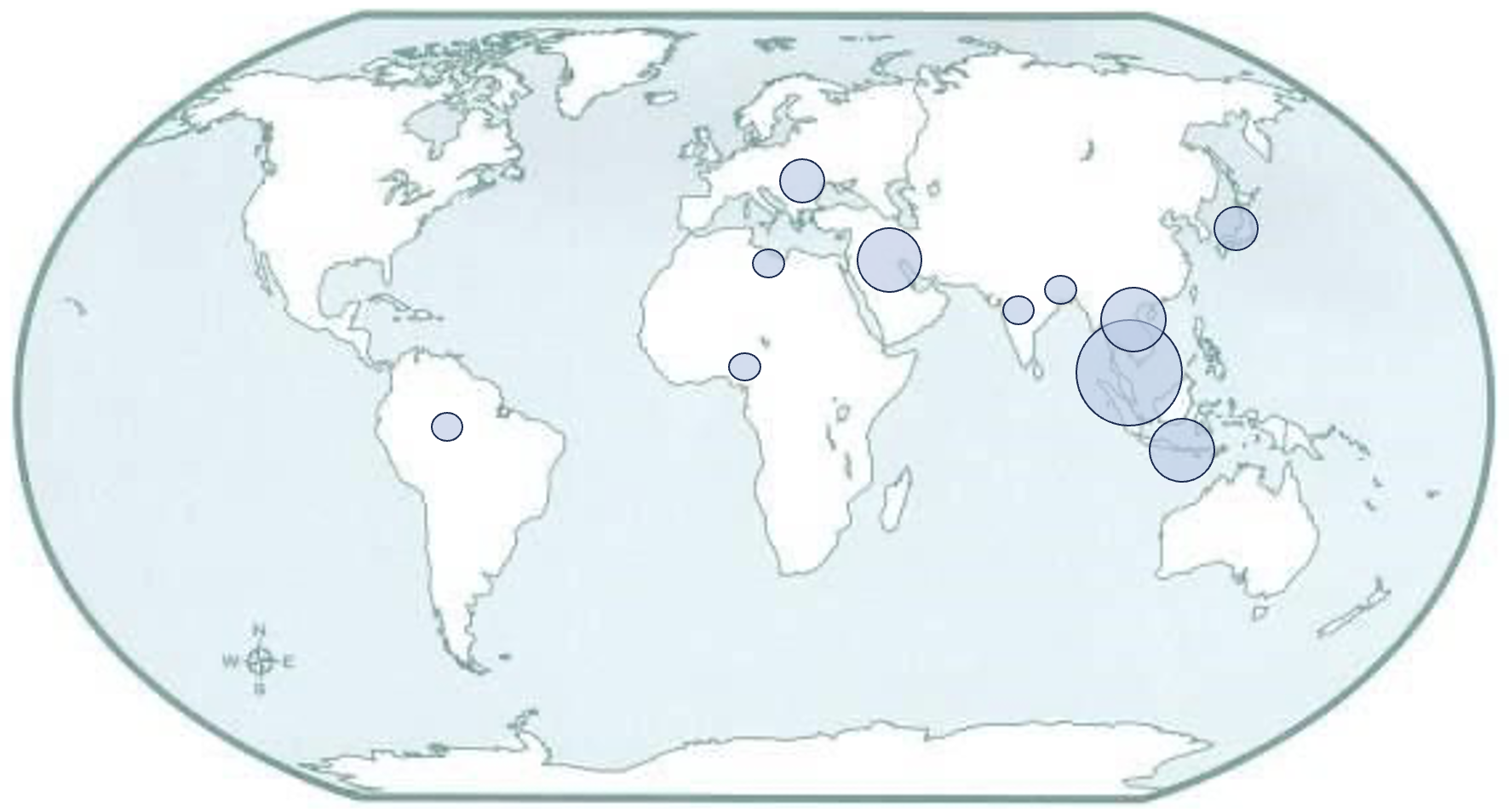The Impact of Heating Temperature and Flux Ratio on the In-Situ Casting Technique as a Direct Recycling of AlSi7Mg Machining Chips
DOI:
https://doi.org/10.37934/armne.15.1.3140Keywords:
Aluminium alloy chips, aluminium oxide, flux ratio, in-situ casting, recycling aluminiumAbstract
Recycling aluminium and its alloys is gaining popularity in reducing energy consumption and associated manufacturing expenses. The fluxing process is the preferred and often-used technique in the recycling sector for removing oxide inclusions from molten aluminium. The present study investigates the influence of flux ratio and heating temperature on the behaviour of aluminium alloy chips (AlSi7Mg) during in-situ casting. The primary objective is to create a more efficient and economical approach to recycling aluminium waste. The chips underwent heating for 30 minutes inside a controlled laboratory furnace. The temperatures used during this procedure were 750°C and 800°C. The chips were combined with flux in ratios of 1:0.1 and 1:0.2. The number of melted chips rose due to increasing the temperature and flux ratio. The heated samples were subjected to surface morphology and elemental analysis using a scanning electron microscope with energy-dispersive spectroscopy (EDS). The Energy Dispersive Spectroscopy (EDS) examination indicated the presence of oxygen on the surface of the unprocessed aluminium alloy machining chips. On the other hand, the X-ray diffraction (XRD) revealed that the observed condition may be attributed to the oxidation process, proven by the presence of Aluminium Oxide (Al2O3).









